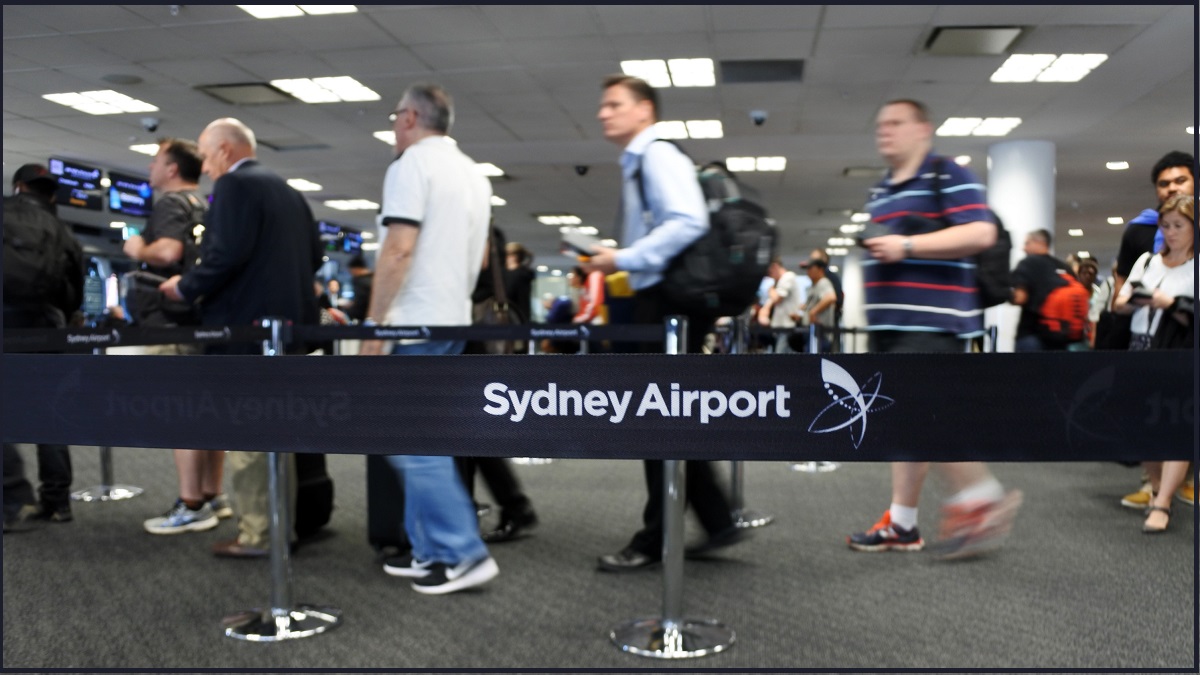The Federal government has missed its target of attracting 5,000 ‘high value immigrants’ to Australia under its Global Talent (Independent) Program, the Department of Home Affairs has revealed.
In its annual report of Australia’s migration program, the Department said it had delivered 4,109 places in 2019-20 against a ‘planning level’ of 5,000. Meanwhile, overall skilled visa numbers fell for the fifth consecutive year.
The 5,000 visa objective for the GTIS program was made at the time of the program being announced in August last year.
Aimed at ‘the world’s most highly skilled migrants’, the visa category was open for those with the potential to earn a minimum of $149,000 per year, since indexed upwards to $153,600, and promised Permanent Residency ‘within weeks’.
Of the visas granted, the ‘Quantum Information, Advanced Digital, Data Science and ICT’ category made up 28% of successful applicants while 26% were in MedTech, the other major industry was Energy and Mining Technology which filled 20% of the place
Smaller categories included AgTech (9%), Space and Advanced Manufacturing (8%), FinTech (6%) and Cyber Security (3%).
Despite the scheme’s intention being to attract global talent, most of the applicants under the scheme were already based in Australia with only 765 applying from overseas. A similar pattern was seen with the ‘Distinguished Talent’ visas where only 156 of the 200 granted were already living in Australia.
Earlier this month, the Federal government announced it was launching a new taskforce to attract international talent with a particular focus on Singapore, Hong Kong, the United States and United Kingdom.
Nearly all of the applicants under the GTIS were successful with 99.5% being approved. Of the successful GTIS applicants, 1,303 took residence in NSW, 761 in Victoria and 629 in Queensland.
Across the broader skills stream, almost 60% of successful visa applicants were in the Professional category with Technicians and Trade workers making up 17% and managers 9%. The report did not break down the individual occupation categories.
Overall, the broader skill stream intake continued to decline with 95,843 successful applications in 2019-20, down from 109,713 the previous year and down 26% from the 128,973 visas granted in 2012-13. In the years between 2011-12 and 2016-17, the intake had been above the 120,000 mark.










